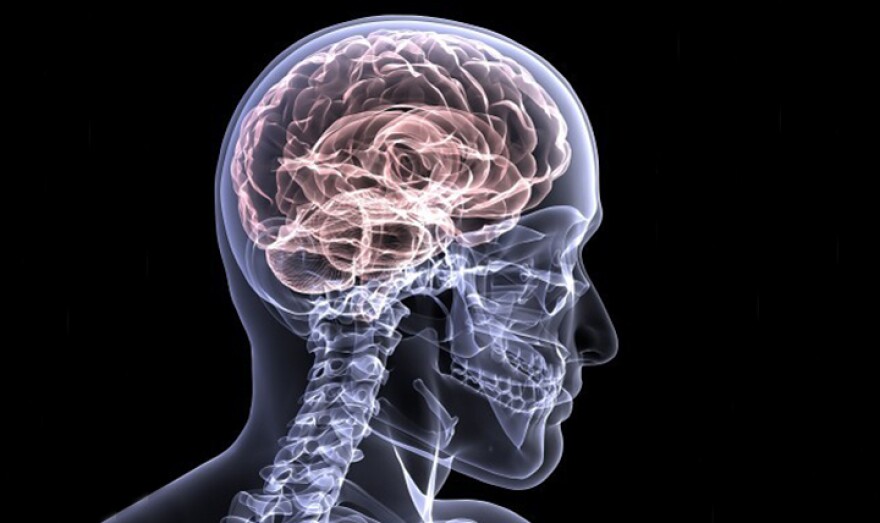Can you believe we’re still discovering what’s going on inside our heads?
The glymphatic system is a recently discovered macroscopic waste clearance system in the brain. According to the authors of an article in Neurochemical Research, the glymphatic system functions mainly during sleep and is largely disengaged during wakefulness. The biological need for sleep across all species may, therefore, reflect that the brain must enter a state of activity that enables the elimination of potentially neurotoxic waste products.
The authors of a recent article in Gerontology describe it as the brain’s “front end” waste drainage pathway that includes a perivascular network for cerebrospinal fluid transport which is connected to a downstream authentic lymphatic network associated with the meninges, cranial nerves, and large vessels exiting the skull.
Multiple studies now promote the idea of maximizing brain “waste drainage” as a new preventive or therapeutic target for neurodegenerative diseases. In other words, while more research needs to be done, the current results suggest that the more quality sleep you get, the more cellular trash that is able to be washed away by the glymphatic system each night...and the more cellular trash that is washed away, the fewer accumulations that can result in the kind of plaques and tangles that can cause dementia.
Special thanks to Dr. Thomas Anderson, MD, Professor of Clinical Radiology at the University of Illinois at Chicago for his contributions to this story.
Resources:
https://www.ncbi.nlm.nih.gov/pubmed/25947369
https://www-karger-com.proxy.mul.missouri.edu/Article/FullText/490349
https://thebrain.mcgill.ca/flash/d/d_08/d_08_cl/d_08_cl_alz/d_08_cl_alz.html





